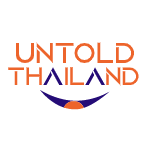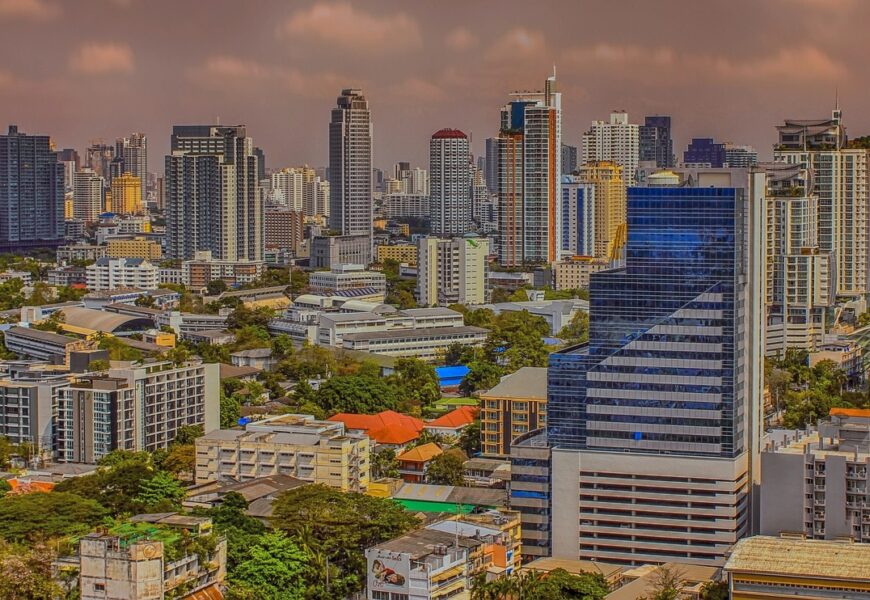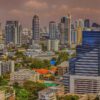Bangkok, the pulsing heart of Thailand, is a mesmerizing metropolis that seamlessly blends ancient traditions with ultra-modern urban experiences. As the country’s capital and largest city, Bangkok offers travelers an intoxicating mix of sensory experiences that challenge and delight visitors from around the world. From its ornate Buddhist temples and bustling street markets to its gleaming skyscrapers and world-renowned culinary scene, the city represents a dynamic crossroads of history, culture, and contemporary innovation. With over 8 million residents and millions of annual international visitors, Bangkok has transformed from a small trading settlement along the Chao Phraya River into a global destination that captures the imagination of travelers seeking authentic cultural experiences and cosmopolitan adventures.
Historical and Cultural Landscape
Bangkok’s rich historical tapestry dates back to the 15th century, when it was a small trading village known as Bang Makok. The city became Thailand’s capital in 1782 during the Rattanakosin Kingdom, marking the beginning of its transformation into a significant cultural and political center. The city’s historical core, centered around the Grand Palace and Wat Phra Kaew (Temple of the Emerald Buddha), showcases extraordinary architectural achievements that reflect centuries of royal patronage and Buddhist influence. These magnificent structures feature intricate golden spires, elaborate murals, and stunning craftsmanship that represent the pinnacle of Thai artistic expression. Visitors can explore numerous historical sites that provide deep insights into Thailand’s complex social and political evolution, including the National Museum, which houses an extensive collection of artifacts spanning multiple historical periods.
The cultural landscape of Bangkok extends far beyond its physical monuments, encompassing living traditions of music, dance, cuisine, and spiritual practices. Traditional festivals like Songkran (Thai New Year) and Loy Krathong transform the city into a vibrant celebration of community and heritage, allowing visitors to experience authentic Thai cultural expressions that have been preserved for generations.
Urban Exploration and Modern Attractions
Contemporary Bangkok represents a fascinating urban ecosystem where traditional markets coexist with cutting-edge shopping centers and technological innovations. Districts like Sukhumvit and Silom showcase the city’s modern face, featuring world-class hotels, international restaurants, and sophisticated entertainment venues. The city’s public transportation system, including the BTS Skytrain and MRT subway, provides efficient connectivity that allows travelers to navigate the expansive metropolis with remarkable ease. Shopping destinations such as Siam Paragon, CentralWorld, and Terminal 21 offer immersive retail experiences that blend international brands with local Thai design and creativity.
Beyond commercial districts, Bangkok’s urban landscape includes numerous parks, art galleries, and cultural centers that provide respite from the city’s intense energy. Lumphini Park, a massive green space in the city center, offers residents and tourists alike a tranquil environment for recreation, exercise, and relaxation amidst the urban hustle. Contemporary art spaces like the Bangkok Art and Culture Centre showcase emerging Thai artists and provide platforms for creative expression that challenge traditional artistic boundaries.
Culinary Experiences and Street Food Culture
Bangkok is universally recognized as a global culinary destination, offering an extraordinary range of flavors that reflect Thailand’s diverse regional cuisines. Street food represents the city’s gastronomic heart, with neighborhoods like Chinatown (Yaowarat) and Sukhumvit Soi 38 featuring hundreds of vendors preparing authentic dishes that tantalize the senses. From classic pad thai and green curry to more adventurous offerings like grilled insects and exotic fruit preparations, Bangkok’s food scene provides endless opportunities for culinary exploration. The city’s street food culture has been recognized by UNESCO and international culinary experts as a unique form of urban gastronomy that preserves traditional cooking techniques while continuously evolving.
High-end restaurants and international dining establishments complement the street food experience, with many Michelin-starred venues offering innovative interpretations of Thai cuisine. Chefs like David Thompson at Nahm and Bo Songvisava at Bo.lan have garnered international acclaim for their sophisticated approach to traditional Thai cooking, elevating local ingredients and techniques to world-class standards.
Spiritual and Religious Experiences
Buddhism profoundly shapes Bangkok’s spiritual landscape, with over 400 temples distributed throughout the city offering visitors opportunities for deep cultural and spiritual engagement. Wat Pho, home to the massive Reclining Buddha, and Wat Arun, known as the Temple of Dawn, represent architectural and spiritual masterpieces that attract millions of visitors annually. These sacred spaces are not merely tourist attractions but living religious sites where monks continue ancient spiritual practices and local communities maintain deep connections to their cultural heritage.
Beyond Buddhist traditions, Bangkok also features significant Hindu and Islamic religious sites that reflect the city’s multicultural composition. The diversity of spiritual practices contributes to Bangkok’s reputation as a tolerant, inclusive urban environment that respects and celebrates different religious traditions.
Practical Travel Considerations
Successful navigation of Bangkok requires understanding its unique urban dynamics, including climate, transportation, and cultural nuances. The city experiences a tropical monsoon climate with three primary seasons: hot (March-May), rainy (June-October), and cool (November-February). Travelers should plan accordingly, bringing appropriate clothing and preparing for potential weather variations. Language barriers can be minimized through basic Thai phrases and the widespread use of English in tourist areas. Most locals appreciate visitors who demonstrate respect for cultural customs, such as modest dress at religious sites and understanding basic social etiquette.
Accommodation options in Bangkok range from budget hostels to luxury international hotels, ensuring travelers of all preferences and budgets can find suitable lodging. Neighborhoods like Rattanakosin, Silom, and Sukhumvit offer distinct experiences, allowing visitors to customize their stay according to their interests in historical sites, business facilities, or nightlife entertainment.
Bangkok represents more than a destination; it is a dynamic, living experience that challenges preconceptions and offers profound insights into Thai culture, urban innovation, and human creativity. By embracing the city’s complexity, travelers can transform their visit into a transformative journey of discovery, connection, and personal growth. Whether exploring ancient temples, savoring street food, or navigating modern shopping districts, Bangkok promises an unparalleled adventure that resonates long after the journey concludes.









